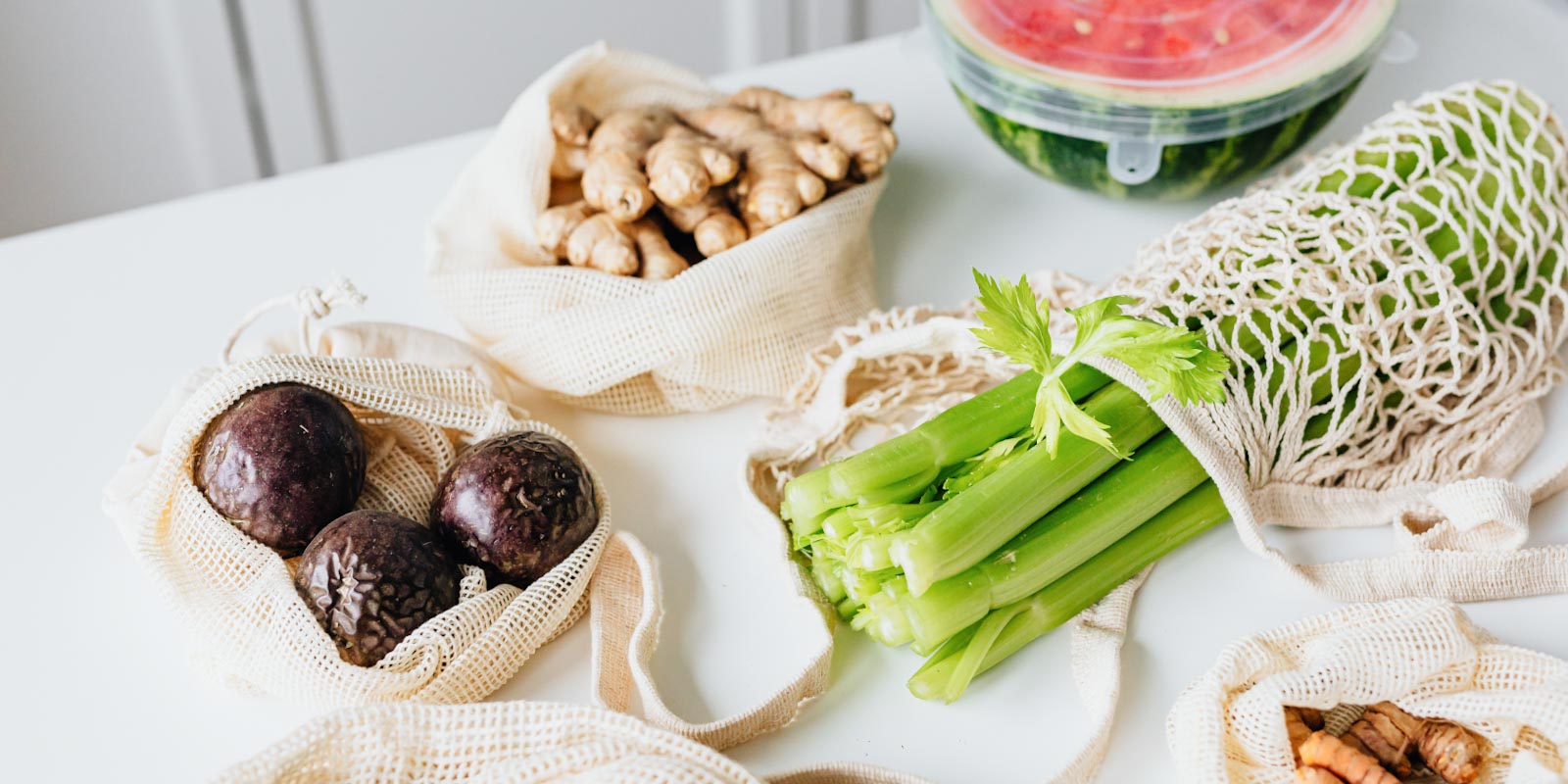Early childhood educators can teach children about the power of reusing. Instead of throwing things in the trash after just one use, we can find ways to use them again and again. This helps us create less rubbish and care for the environment.
Children can also learn about sustainability, repairing, recycling and reducing.
NQS and EYLF
The National Quality Standard requires early learning services to care for the environment and support children to become environmentally responsible (3.2.3).
The Early Years Learning Framework encourages children to become socially responsible and show respect for the environment (2.4).
Reusing involves connecting with processed materials (4.4).
Learning experiences
Organise a reusable bag relay
Children can get physical with running races or a relay that requires them to carry items in reusable bags. This fun experience is an opportunity to discuss the importance of reusable shopping bags that can be used many times before they break.
Reuse art materials
Teach children to reuse art materials. Unwanted artworks can be cut up or disassembled so the materials can be reused.
Reuse water
Water from a play trough or drinking cup can be reused to water the garden. Involve the children in this process and discuss the importance of saving water.
Community connections
Support reusable nappies
Actively support families who want to use reusable nappies. Discuss the value of this practice with children.
Promote waste-free lunch boxes
If they provide food, encourage families to pack waste-free lunches by using reusable containers.
Swap clothes
Organise a clothing/toy swap where children can exchange secondhand clothes, promoting a culture of reuse.

